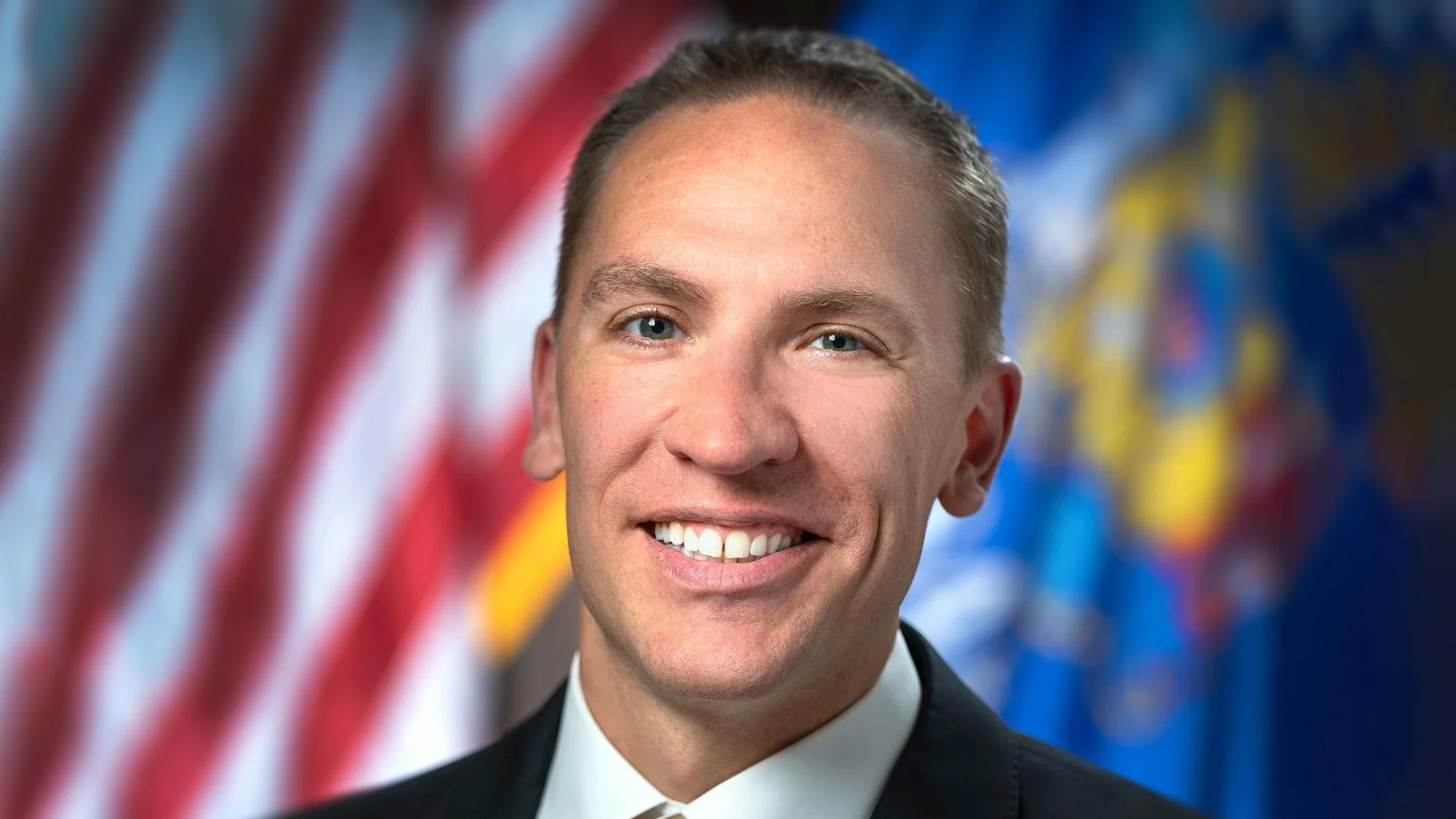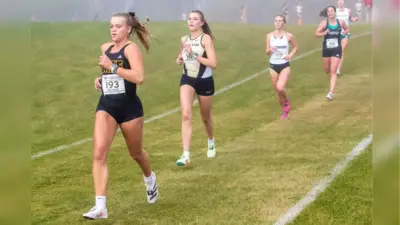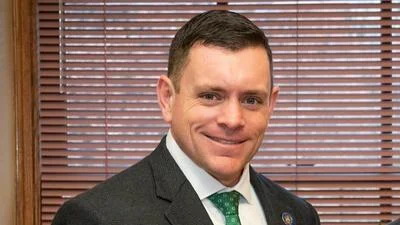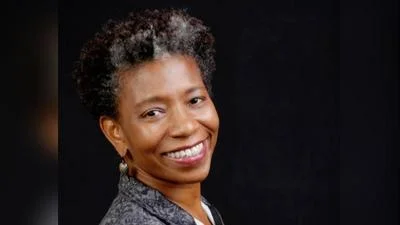Christopher J. Larson, Wisconsin State Senator for 7th District | Facebook
Christopher J. Larson, Wisconsin State Senator for 7th District | Facebook
According to the Wisconsin State Legislature's official website, the bill was described as follows: "inducements to sign or refrain from signing nomination papers, recall petitions, and certain other petitions".
The following is our breakdown, based on the actual bill text, and may include interpretation to clarify its provisions.
In essence, this bill amends existing laws regarding election bribery by expanding the definition of prohibited inducements. It specifically prohibits offering or giving any amount of money or an object valued over $5 to persuade an elector to sign or refrain from signing petitions related to elections, referendums, nomination papers, or recall petitions. The bill clarifies that "anything of value" includes objects with utility independent of any political message they might contain, raising the threshold from $1 to $5 for certain petition-related activities. It also defines "election period" as specific time frames leading up to various types of elections, including spring, general, special, and recall elections. The new provisions aim to regulate actions intended to influence the signing of petitions and nomination papers during these designated periods.
The bill was co-authored by Representative Lee Snodgrass (Democrat-52nd District), Senator Tim Carpenter (Democrat-3rd District), Senator Kristin Dassler-Alfheim (Democrat-18th District), Senator Dora E. Drake (Democrat-4th District), Senator Dianne H. Hesselbein (Democrat-27th District). It was co-sponsored by Representative Clinton M. Anderson (Democrat-45th District), Representative Margaret Arney (Democrat-18th District), and Representative Mike Bare (Democrat-80th District), along 11 other co-sponsors.
Chris Larson has authored or co-authored another 30 bills since the beginning of the 2025 session, with none of them being enacted.
Larson graduated from the University of Wisconsin, Milwaukee in 2007 with a BA.
Larson, a Democrat, was elected to the Wisconsin State Senate in 2011 to represent the state's 7th Senate district, replacing previous state senator Jeffrey Plale.
In Wisconsin, the legislative process starts when a senator, constituent, group, or agency proposes an idea for a bill. After drafting, the bill is introduced, numbered, and referred to a committee for review and public input. If approved, it moves through three readings and votes in both the Senate and Assembly. Once both chambers pass the same version, the bill goes to the governor, who can sign it, veto it, or let it become law without a signature. Only a small share of bills introduced each session ultimately become law. You can learn more about the Wisconsin legislative process here.
| Bill Number | Date Introduced | Short Description |
|---|---|---|
| SB233 | 04/29/2025 | Inducements to sign or refrain from signing nomination papers, recall petitions, and certain other petitions |
| SB165 | 03/27/2025 | Eliminating daylight saving time in Wisconsin |
| SB150 | 03/21/2025 | Passing legislation to reduce carbon emissions |
| SB149 | 03/21/2025 | Requiring the legislature to convene an extraordinary session if an executive order of the president of the United States freezes federal aid to the state |
| SB67 | 02/21/2025 | Providing state aid to reimburse public and private schools that provide free meals to all pupils for the costs of those meals and making an appropriation. (FE) |
| SB63 | 02/21/2025 | Ratification of the Driver License Compact. (FE) |
| SB21 | 02/05/2025 | Creating an employee ownership conversion costs tax credit, a deduction for capital gains from the transfer of a business to employee ownership, and an employee ownership education and outreach program. (FE) |






 Alerts Sign-up
Alerts Sign-up